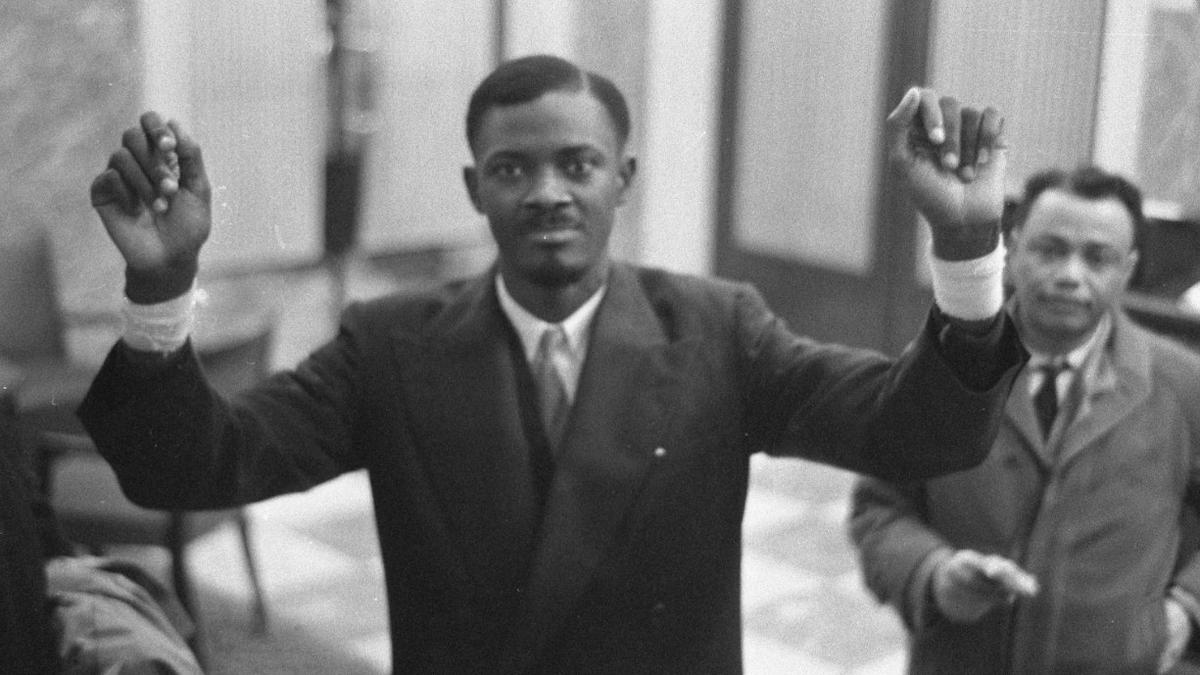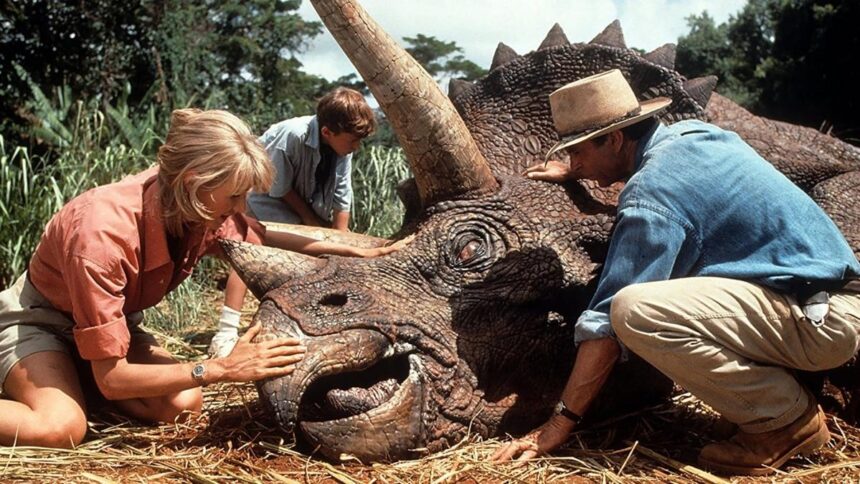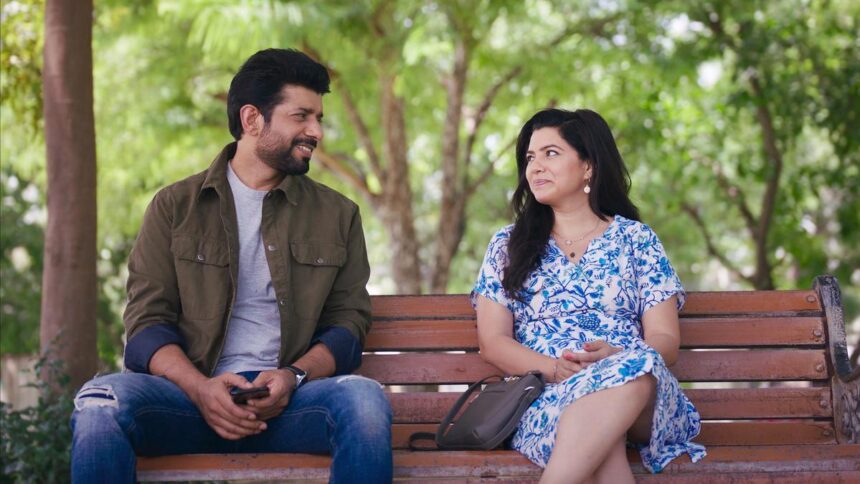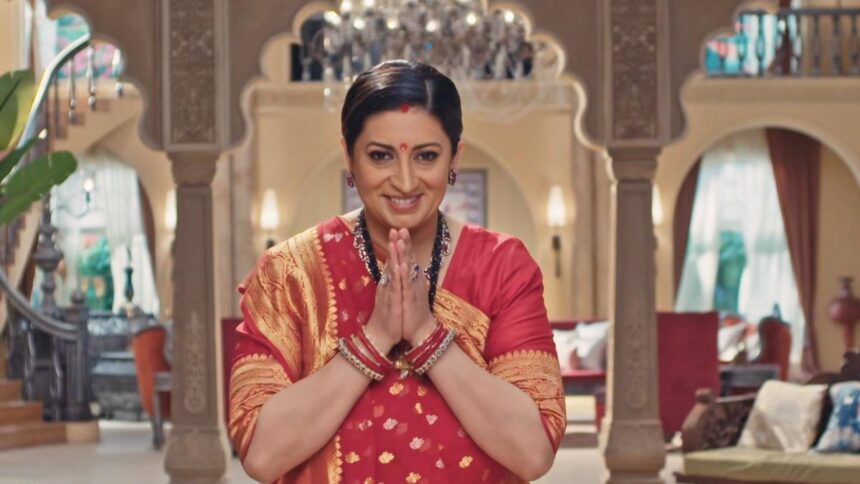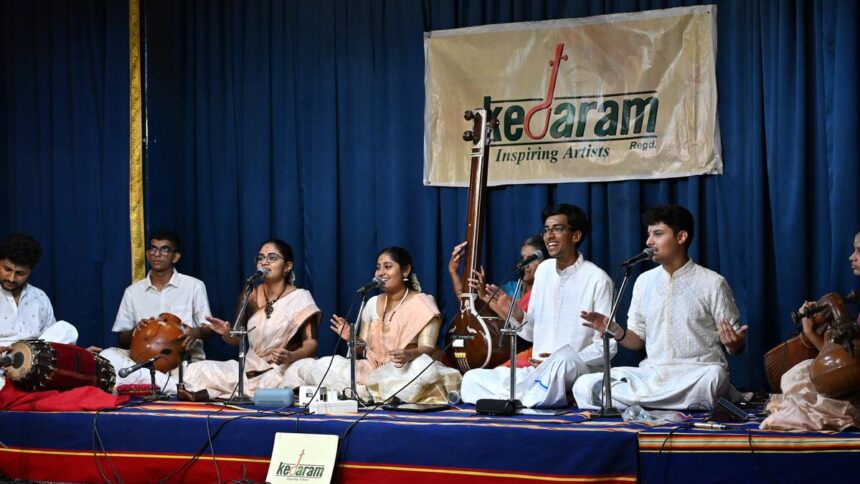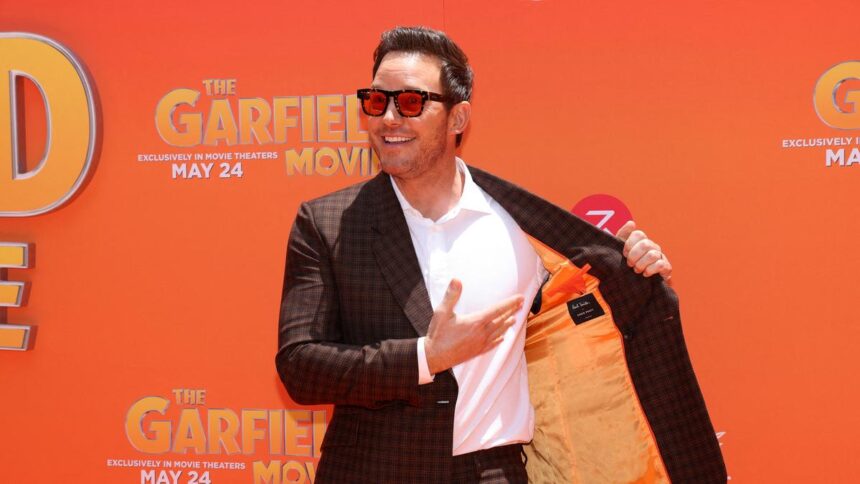
Patrice Lumumba, the first Prime Minister of Congo, in a sequence from the documentary Soundtrack to a Coup d’etat.
One can’t take the eye away from the screen for even a moment during Johan Grimonprez’s documentary Soundtrack to a Coup d’etat, for the countless intercuts and juxtapositions fly thick and fast. For that matter, one has to also have keen, attentive ears to keep up with the frenetic pace at which he throws at us nuggets from history during the heady sixties, when Africa witnessed strong anti-colonial movements. One gets served a stream of images ranging from V.K. Krishna Menon’s rousing speech in the UN General Assembly to jazz musician Louis Armstrong hitting a crescendo on his trumpet to Russian Prime Minister Nikita Khrushchev’s dramatic visuals.
On its surface the documentary, featured as part of the ‘Soundscapes’ package of music documentaries at the 17th International Documentary and Short Film Festival of Kerala (IDSFFK), is about jazz music. An array of legendary jazz musicians make their appearance, everyone from Louis Armstrong and Dizzy Gillespie to Duke Ellington, Nina Simone, Art Blakey and Quincy Jones make their appearance. But some of them were, possibly without their knowledge, used by the American establishment and the Central Intelligence Agency (CIA), for a cultural conquest of Africa, to divert attention from the imperialist shenanigans in these parts.
The documentary thus operates in that sweet, or rather sour, spot where jazz music, politics, history and colonial conquests come together. Jazz forms the adhesive between the various strands of a complex story, spread across the globe. At the heart of it is the Western conquests in Congo, valuable for its mineral deposits. With Belgium’s grip on Congo loosening, US comes into the picture. Using some rare archival footage, the film chronicles this period, which culminates in the CIA-backed assassination of Patrice Lumumba, the first Prime Minister of Congo, with jazz music providing that extra dramatic touch to the story.
For Indian viewers, the footage of Jawaharlal Nehru and Krishna Menon making their weighty interventions on the world stage during the heights of the Non-Aligned Movement, can be a refreshing watch at a time when this particular history is being airbrushed out of our memories. With its clever usage of archival footage, music performances, official records and material from several books, Soundtrack to a Coup d’etat signals the new directions in which documentary filmmaking is moving.
Kevin Macdonald’s One to One: John and Yoko, another documentary in the package, chronicles the lives of musician John Lennon and artist Yoko Ono in the post-Beatles era. It is again more than just about the music, but talks about everything the hatred that Ono faced from society after being branded as one of the reasons for the breaking up of the Beatles to the many social and political interventions that the couple made during the period. It lays bare the heat that they faced from the then US President Richard Nixon, including the threat of deportation, for their political positions. One of the highlights is the restored footage from Lennon’s concert for the benefit of children with intellectual disabilities, who were until then held in a state of utter neglect at a facility in Willowbrook.
Michael Ogden’s Becoming Madonna reveals lesser known facets of the pop icon. The documentary peels away the stories spread by the yellow press and spotlights her brave support for the gay community at a time when their cause was not yet accepted in the mainstream. She comes across in the documentary as a woman who never abandoned her ideals even in the face of intense societal and political pressure.
Published – August 26, 2025 07:57 pm IST







